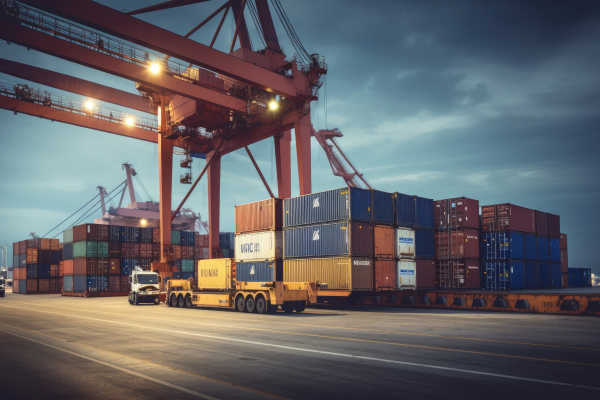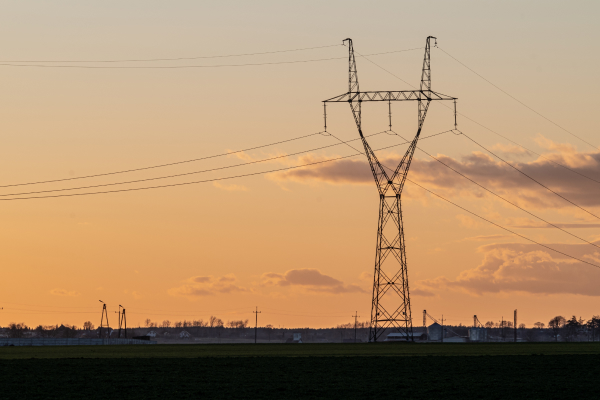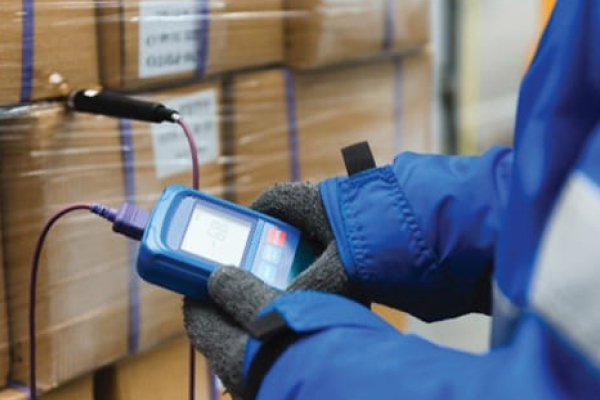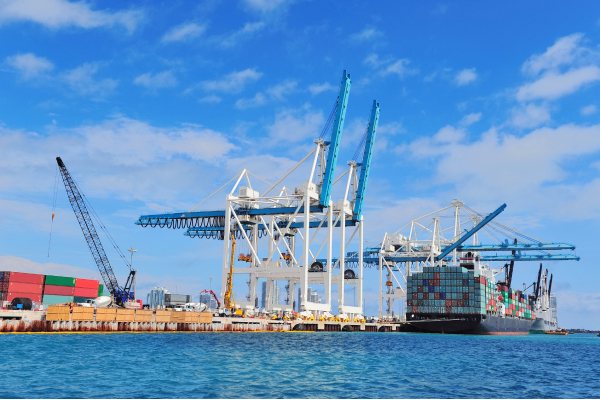

Bhutan Sustainable Hydropower Development – This activity builds upon a three-year WB engagement resulting in the adoption of the Guidelines for Development of Hydropower projects in 2018. The activity will strengthen the capacity of power sector agencies in Bhutan to plan and prepare regional hydropower and transmission line projects. Bhutan’s estimated financing requirements for developing 2.94 GW hydropower projects in the pipeline up to 2026 is $11 billion.

Objective of this Program is to enhance regional connectivity and trade facilitation in eastern South Asia by (i) supporting convening and learning platforms and (ii) deepening the evidence base through targeted analytical work and data collection. It informs the World Bank’s Accelerating Transport and Trade Connectivity in Eastern South Asia (ACCESS) Program Phase 1 ($1.03 billion) which aims to help improve regional trade in Bangladesh and Nepal by reducing trade and transport costs and transit time along the regional corridors. Bhutan is currently being prepared under ACCESS Phase 2.

It aims to support the transition to market-based trade and development of a regional electricity market through a set of activities including dialogue and consensus building, analytics, institutional capacity building, and planning and financing tools to support coordinated regional investments. The Program builds on significant World Bank support and dialogue established in the past decade with counterparts in South Asia. It focuses on establishing the core building blocks to enable market-based trade and transition to e-MOSA by closely working with client countries.

Objective is to support the overall logistics development of Bangladesh. Jointly implemented with IFC, it will provide Technical Assistance and analytical support to National Logistics Development and Coordination Committee (NLDCC) and sub-committees. Further, it will provide support on selected supply chains, policy and regulatory reform, development of a Logistics Performance Monitoring Dashboard, knowledge exchange programs and secretariat support.

Nepal Civil Aviation – This activity supports the Government of Nepal in identifying high-impact air transport investments, practices, and policy changes to improve domestic and regional air connectivity. The focus is on five priority areas: enhancing airports’ efficiency, aviation safety, essential air services, framework for the development of new airports, and air transport industry development. The activity is currently focused and envisaged to be directly beneficial to the Government of Nepal, in terms of identifying high impact air transport investments, practices and policy changes that improve domestic and regional connectivity through enhancing civil aviation safety, improving the operational and financial performance of key airports, and increasing infrastructure and organizational capacity. These findings and recommendations are also expected to be beneficial for neighbouring countries and areas in the region that are facing similar challenges.


South Asia Power Pool – This activity consisted of analysing demand and supply in India, Nepal, and Bangladesh, barriers to the cross-border power trade, existing cross-border transactions and procedures, and a preliminary analysis of transmission infrastructure. In February 2021, IFC completed the market analysis, which highlighted key findings related to electricity demand and supply scenarios for India, Nepal, and Bangladesh; policy and regulatory barriers in these countries; detailed assessment of the top five power traders in India; and mapping of transmission interconnections between the countries.

Objective of this Program is to enhance regional connectivity and trade facilitation in eastern South Asia by (i) supporting convening and learning platforms and (ii) deepening the evidence base through targeted analytical work and data collection. It informs the World Bank’s Accelerating Transport and Trade Connectivity in Eastern South Asia (ACCESS) Program Phase 1 ($1.03 billion) which aims to help improve regional trade in Bangladesh and Nepal by reducing trade and transport costs and transit time along the regional corridors.

This project aims to improve enabling environment for private sector investment in logistics sector including cross border, warehouse, and temperature-controlled logistics (TCL) in Bangladesh. The project has several interdependent activities like Simplifying regulatory policies and processes to facilitate establishment of cross-border and other inland container depot (ICD), TCL facilities and warehouses; Streamlining regulatory requirements on equity and other entry restrictions for international logistics investors, TCL included; Supporting systematic integration of logistics components.

This project aims to provide transaction advisory services for concessioning of the newly built Terminal 3 of the Hazrat Shahjalal International Airport (HSIA) in Dhaka, Bangladesh. It will be supporting the Government of Bangladesh in the direct negotiations process and aims to assist in doubling the airport’s annual passenger handling capacity to 20 million, and 2.5x cargo capacity from 200,000 tons to 500,000 tons.

PSA Port Environment and Social Analysis in Bangladesh – Studies under this activity include an E&S scoping study; critical habitat screening study; a gap analysis of land acquisition and livelihood impacts review; contextual risk assessment; shoreline change modelling and assessment of impacts on areas of high biodiversity value; dredging impact assessment, including dispersion plume modelling value; and climate change risk assessment.

The Chattogram Port, situated in the South of Bangladesh, is the country’s largest seaport and handles over 92% of the country’s seaborne trade. Bangladesh’s exports have to be carried in feeder vessels to the region’s hub ports of Colombo, Singapore, and Tanjung Pelepas to link up with deep-sea services. IFC’s Advisory project will provide transaction advisory assistance to the PPP Authority and the Chittagong Port Authority to select an experienced private sector operator to equip, operate, and maintain a dedicated container terminal at Patenga with approximately US$60 million additional capital investments.
Bangladesh is one of the fastest growing economies in the world. In the past two decades, GDP growth averaged 6.1% per year and poverty declined from 49% to 24%. Overall container throughput of the country is projected to triple by 2040 on the back of the growth of the ready-made garments industry. When operational, Patenga Container Terminal is expected to increase port’s annual handling capacity by 450,000 TEUs.